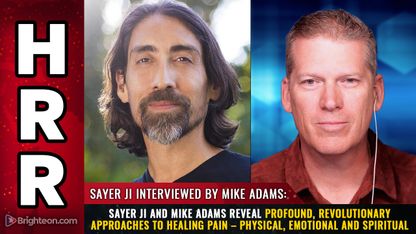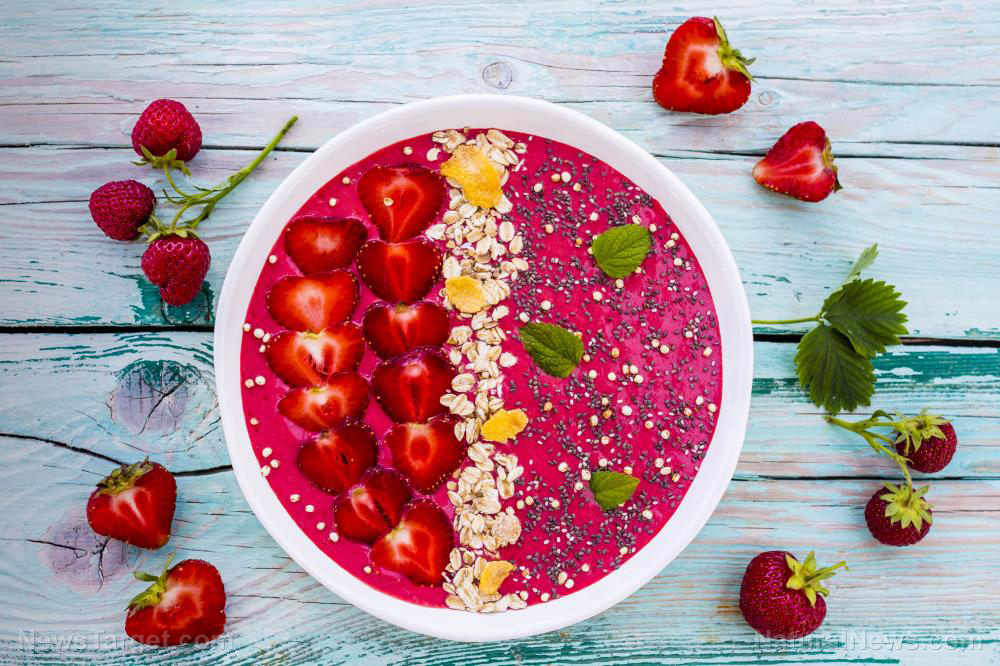
"When trying to lose weight people often strive to avoid fatty foods, which ironically increases motivation and craving for these foods and can lead to overeating," said Jonathan Hommel, an assistant professor in the Department of Pharmacology and Toxicology at UTMB and one of the authors of the study.
"Even worse, the longer someone abstains from fatty foods, the greater the cravings," he added.
As the researchers have established in their previous study, the neuromedin U receptor 2 is located in the paraventricular nucleus of the hypothalamus, and modulation of this receptor increases food intake and the desire to eat energy-dense foods.
A low-fat diet makes rats crave for fatty foods, just like humans
Previous studies have established that refraining from eating certain foods increases food cravings and the urge to eat. According to Hommel, the desire to eat food, especially junk foods that contain high amounts of fat, is a huge part of obesity and binge eating. (Related: 8 Signs of sugar addiction… and tips to control your sweet tooth.)
Having previously identified the part of the brain responsible for activating or disabling unhealthy overeating behavior, the researchers next examined the brain mechanisms that enable this harmful eating behavior. They started by putting rats on a low-fat diet for 30 days to make them crave fatty foods.
Next, they trained the rats to work for fatty treats by pressing a lever. The researchers evaluated the animals' craving and motivation for junk food by continuously increasing the number of times they needed to press the lever to get treats. They took note of how long each rat persisted in pressing the lever before it gave up trying.
Blocking a neural circuit in the brain reduces cravings in rats
For the next part of their study, half of the trained rats underwent surgery. The UTMB researchers operated on the part of the brain that controls food intake to block the activity of neuromedin U receptor 2.
Normally, this receptor is activated by neuromedin U, a neuropeptide involved in many vital functions of the body. In addition to regulating the contractions of smooth muscles, blood pressure, and stress responses, neuromedin U controls the intake of food and body weight.
When the rats recovered from surgery, they underwent evaluations for any changes in their behavior, especially with regards to their craving for fatty foods. The researchers reported that the rats did not work as hard as they used to for fatty treats.
Based on the results of their experiment, Hommel and his team concluded that knockdown of neuromedin U receptor 2 in the brain could prevent food cravings and binge eating in rats. Their discovery clarified some important parts of food craving and could be used to set expectations for people on a diet.
Their findings were published in the journal Behavioural Brain Research.
Sources include:
Please contact us for more information.























